Vitamin C serums are all the rage in the skincare world, touted for their ability to brighten skin, reduce hyperpigmentation, and combat the signs of aging. But those store-bought bottles can come with a hefty price tag. The good news? You can whip up your potent vitamin C serum at home for a fraction of the cost.
Here's what you need to know about how to make vitamin C serum at home, including the benefits, limitations, and a step-by-step guide.
Why Vitamin C?
Vitamin C is a powerhouse antioxidant that offers a plethora of benefits for your skin. Studies have shown it can:
- - Fades Dark Spots and Hyperpigmentation: A 2017 study found that topical vitamin C application reduced hyperpigmentation by up to 42%. This is because vitamin C inhibits the production of melanin, the pigment responsible for skin color. By regulating melanin production, vitamin C helps fade dark spots and even out skin tone for a brighter complexion.
-
- Wrinkle Warrior: As we age, collagen production naturally declines. Collagen is a protein that provides structure and elasticity to the skin. A 2019 review published in the Journal of Drugs in Dermatology highlighted studies showing that vitamin C serums stimulate collagen synthesis, leading to a reduction in the appearance of wrinkles and fine lines.
-
- Brightening Powerhouse: Vitamin C not only evens skin tone by reducing hyperpigmentation, but it also brightens the overall complexion. It achieves this by promoting cell turnover, revealing fresher, healthier-looking skin cells underneath.
- - Sun Damage Shield: Ultraviolet (UV) rays from the sun are a major contributor to premature aging and wrinkles. Vitamin C acts as a shield, neutralizing free radicals generated by UV exposure and potentially reducing sun damage.
Learn how to choose Vitamin C serum for hyperpigmentation.
How to Make Vitamin C Serum at Home? DIY Vitamin C Serum Recipe
Ingredients:
- - L-ascorbic acid powder (vitamin C): Look for a reputable supplier that sells cosmetic-grade powder.
- - Distilled water
- - Glycerin (a humectant that attracts moisture)
- - Hyaluronic acid (provides hydration)
- - Vitamin E oil (boosts shelf life and adds antioxidant benefits)
- - Dropper bottle (sterilized)
Instructions:
- Research! Determine the percentage of vitamin C you want in your serum (most range from 10-20%) and calculate the amount of L-ascorbic acid powder needed based on the volume of your dropper bottle.
- Sanitize! Wash and dry all your equipment thoroughly.
- Measure and Mix! In your dropper bottle, combine the distilled water, glycerin, and hyaluronic acid. Then, slowly add the L-ascorbic acid powder, shaking well to dissolve.
- Adjust pH (Optional): While not essential, a pH between 3.5 - 4.5 can optimize effectiveness. Use pH strips (available online) and a very small amount of baking soda to adjust if needed.
- Add Vitamin E: Add a few drops of vitamin E oil for extra stability.
- Store it Right! Keep your serum in a dark, cool place (like the refrigerator) and use it within a week.
Check out the Vitamin C serum benefits for skin for a brighter skin.
DIY vs. Store-bought Vitamin C Serum: Weighing the Options
Making your own vitamin C serum offers a certain allure: customization and cost savings. However, there are some downsides to consider before diving into your kitchen lab. Here's a comparison to help you decide:
DIY Vitamin C Serum
Pros:
- Control over Ingredients: You choose exactly what goes into your serum, avoiding potential irritants or allergens that might be found in store-bought products.
- Cost-Effective: Vitamin C powder is typically less expensive than pre-made serums, especially if you make larger batches. Here's a breakdown of potential costs:
- L-ascorbic acid powder: ~$10 per 100 grams (enough for multiple serums)
- Distilled water, glycerin, hyaluronic acid, and vitamin E oil: ~$20 (these can last for multiple batches)
- Dropper bottles: ~$5 for a pack
Cons:
- Ingredient Stability: Vitamin C (L-ascorbic acid) is notoriously unstable. Exposure to light and air accelerates degradation, reducing its potency. Studies have shown that DIY serums can lose up to 50% of their vitamin C content within a month if not stored properly.
- pH Balancing: Achieving the optimal pH level (around 3.5-4.5) for effectiveness can be tricky at home. A pH that's too high can render vitamin C inactive, while one that's too low can irritate the skin.
-Shorter Shelf Life: Fresh is best. DIY serums typically have a shelf life of around a week due to vitamin C degradation.
Store-bought Vitamin C Serum
Pros:
- Stable Formula: Reputable companies use well-researched formulas and packaging (dark bottles) to maximize vitamin C stability and shelf life, which can often be 6 months or more.
- Optimal pH: Manufacturers ensure the correct pH level for effectiveness and minimal irritation.
- Convenience: Pre-made serums are readily available and don't require any mixing or measuring.
Cons:
- Cost: Store-bought serums can range from $20 to $100 or more, depending on the brand and concentration of vitamin C.
- Less Control over Ingredients: You might encounter preservatives or fragrances that you'd prefer to avoid.
The Verdict
If you are a skincare enthusiast who enjoys DIY projects and prioritizes knowing exactly what's in your products, then making your own vitamin C serum can be a rewarding option. However, be mindful of the limitations regarding stability and shelf life.
For those seeking a convenient and reliable option with guaranteed potency, store-bought vitamin C serums might be the better choice. Look for reputable brands that use high-quality ingredients and dark, air-tight packaging.
If you're interested in exploring dermatologist-recommended options, consider researching the "vitamin C serum recommended by dermatologists in India". This can help you find products formulated for your specific skin concerns and preferences.


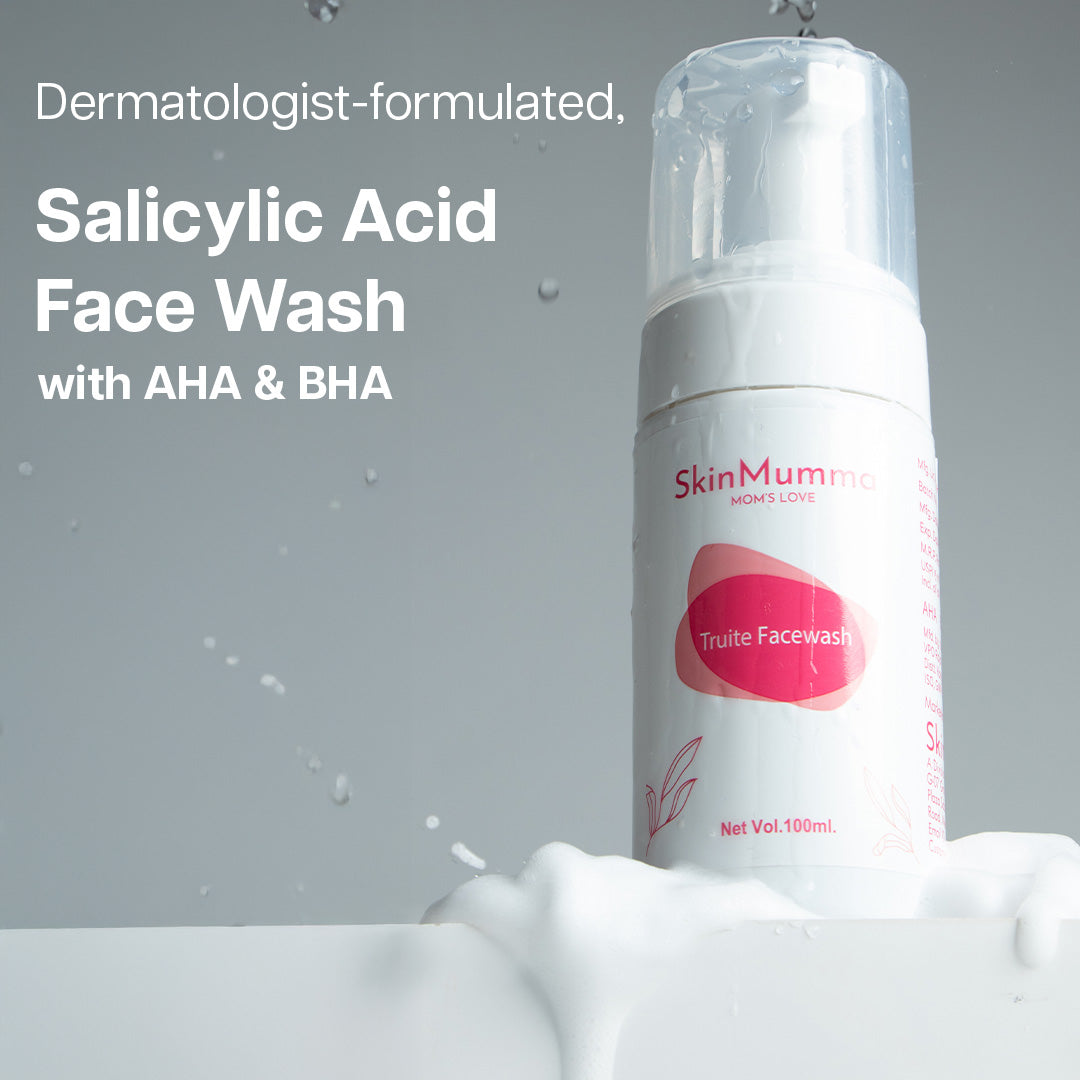
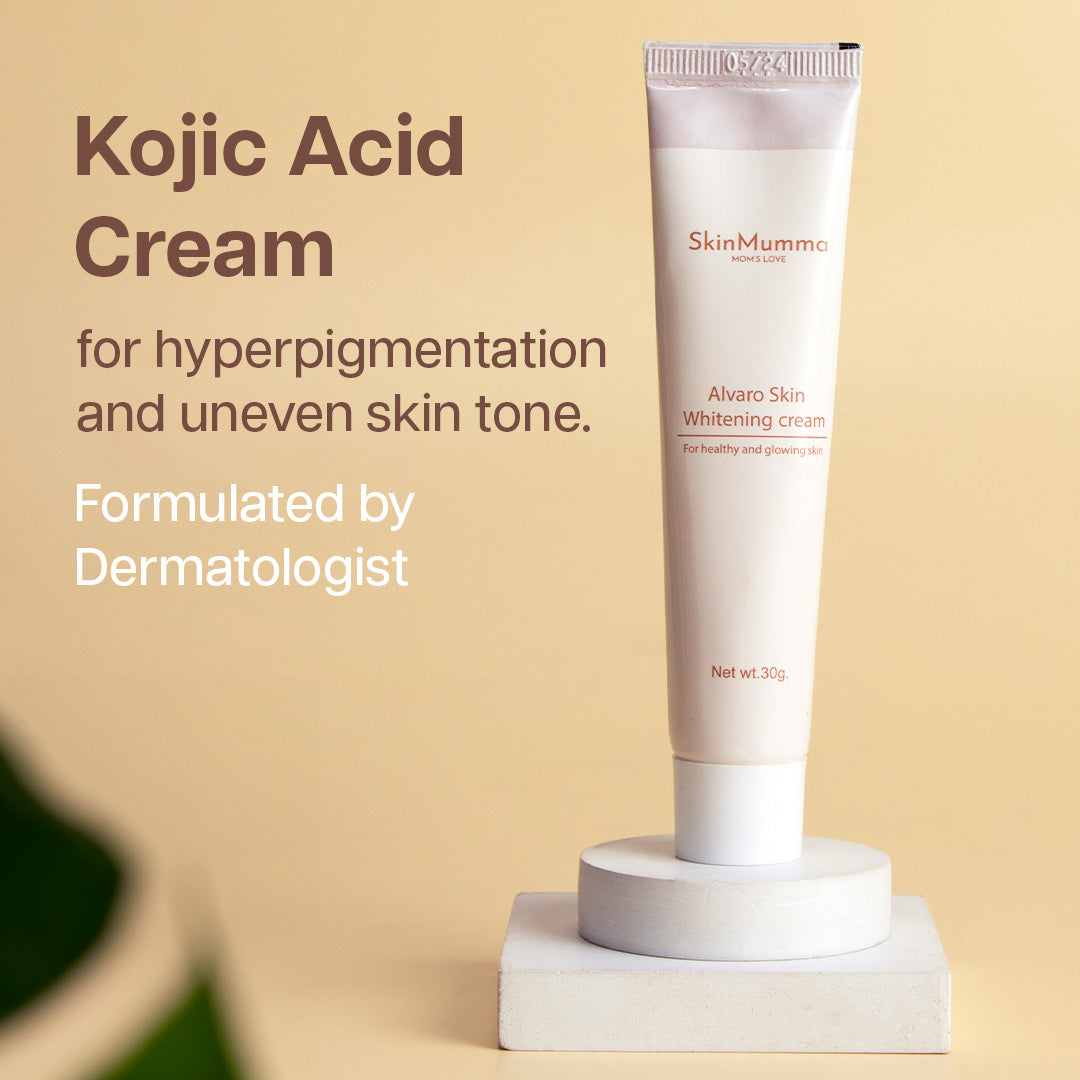
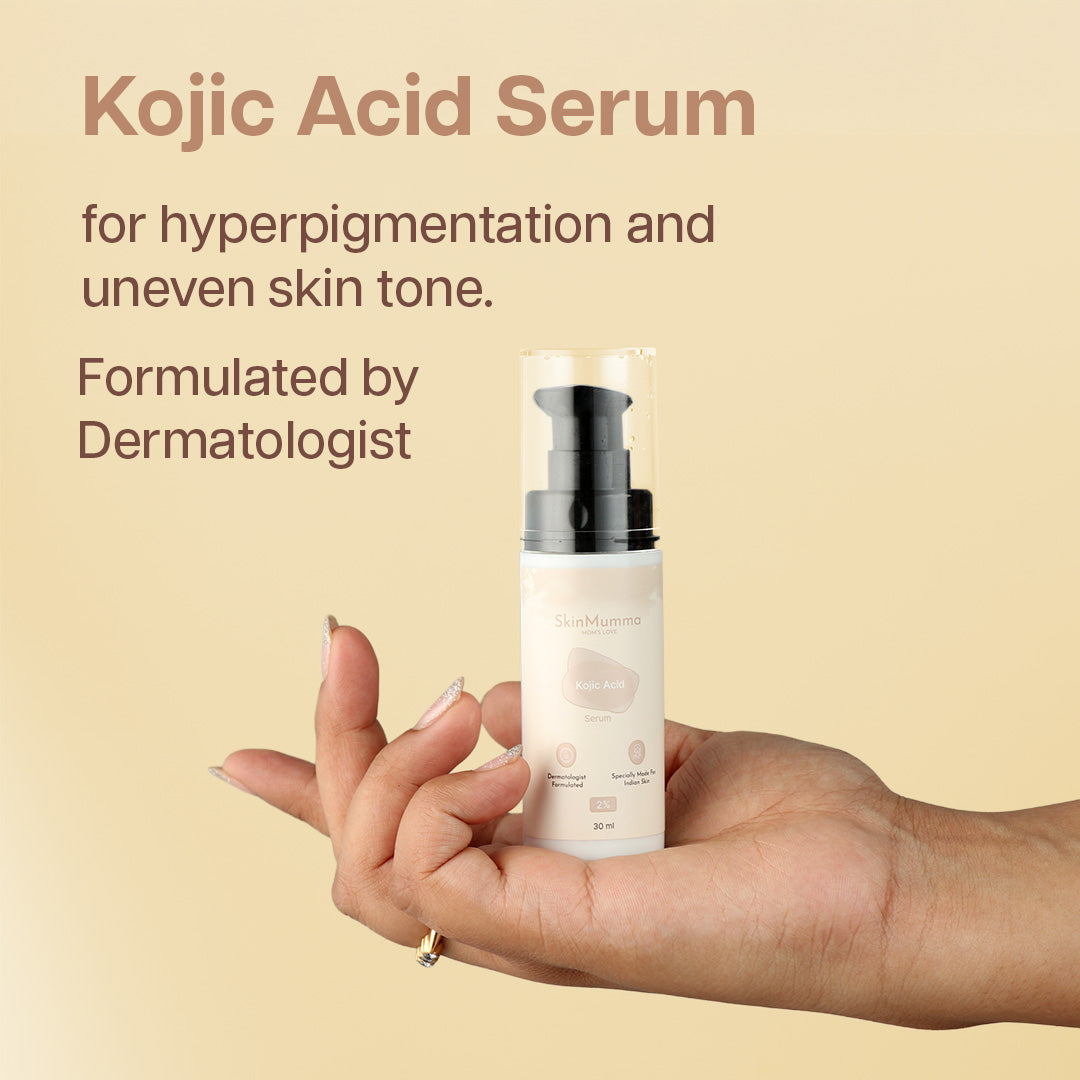
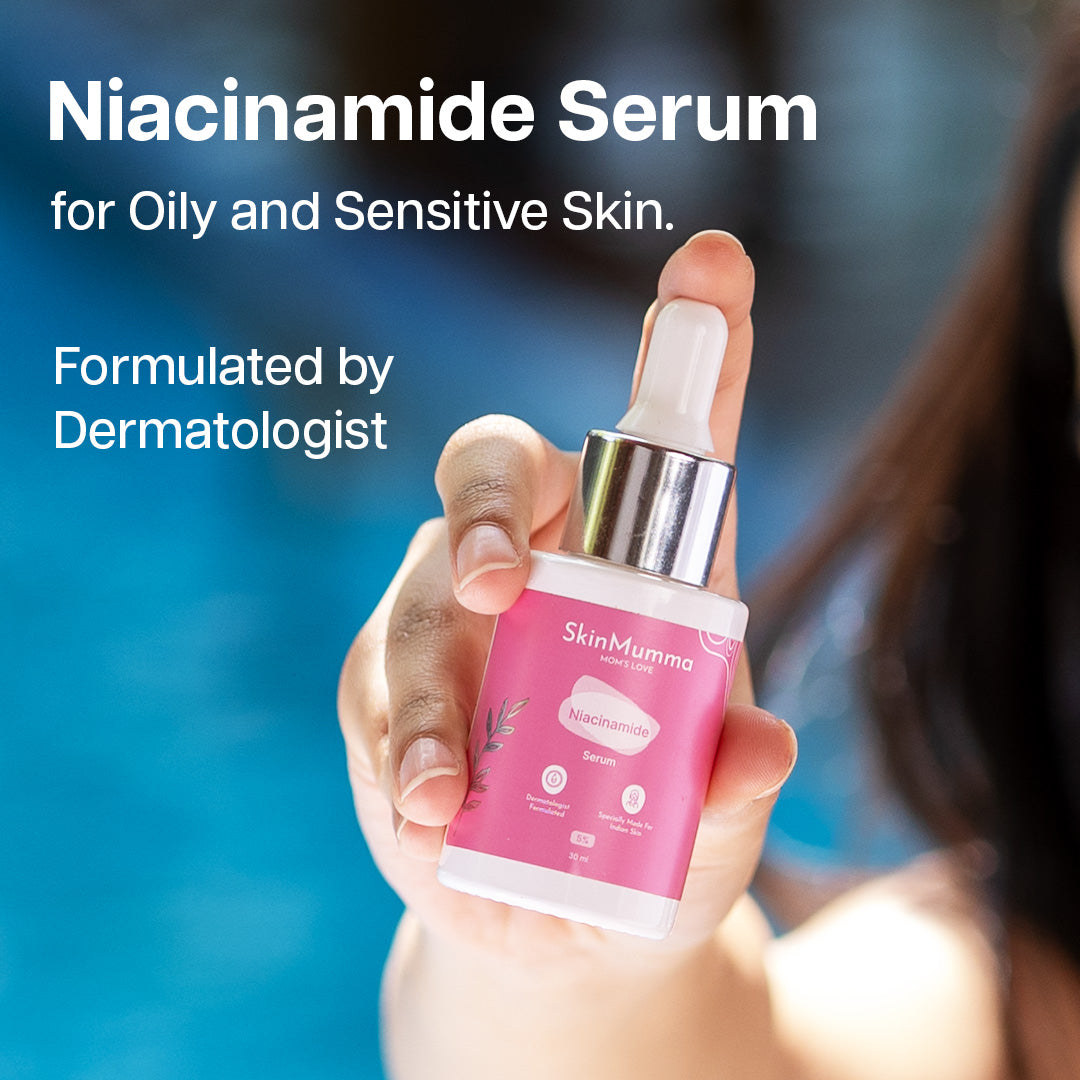
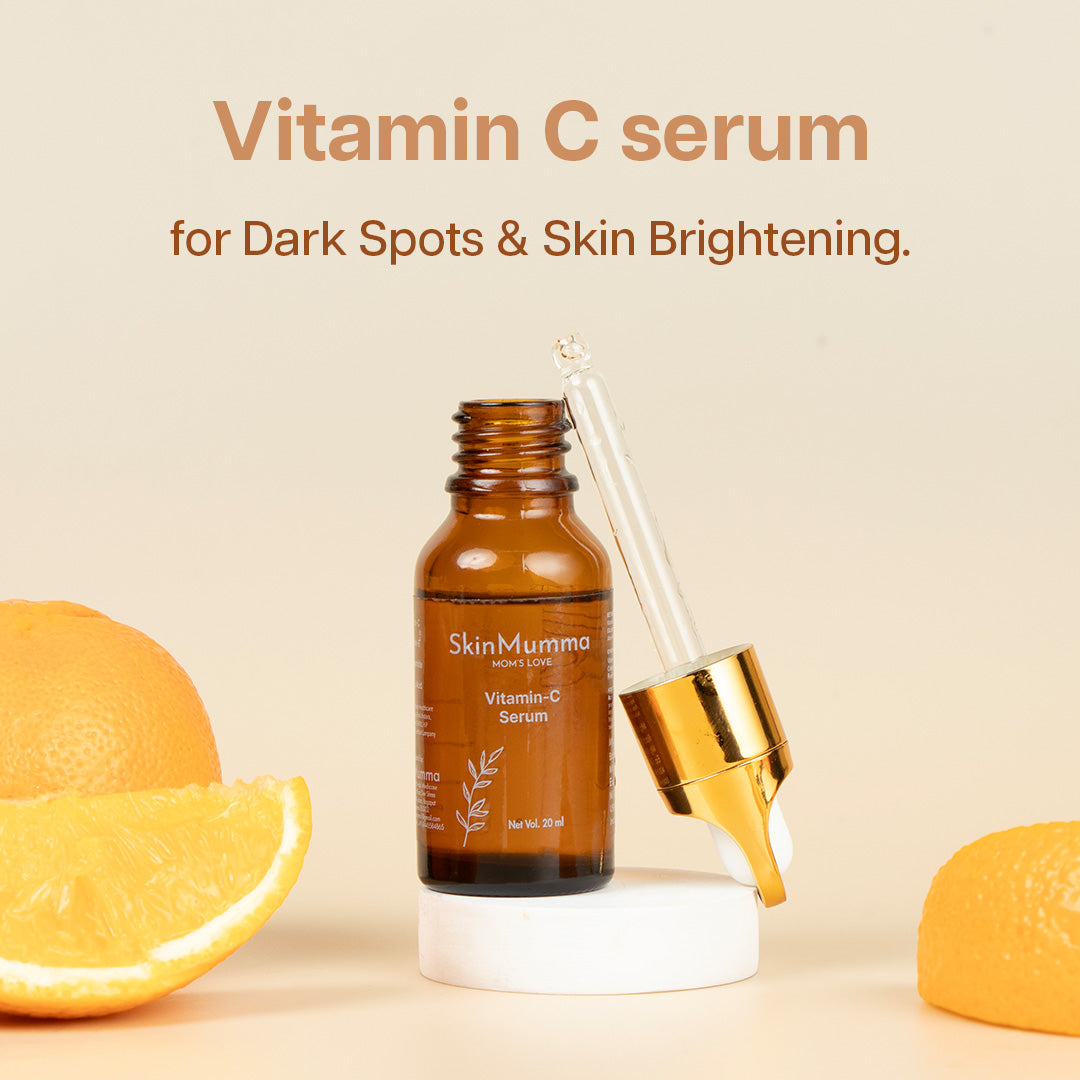
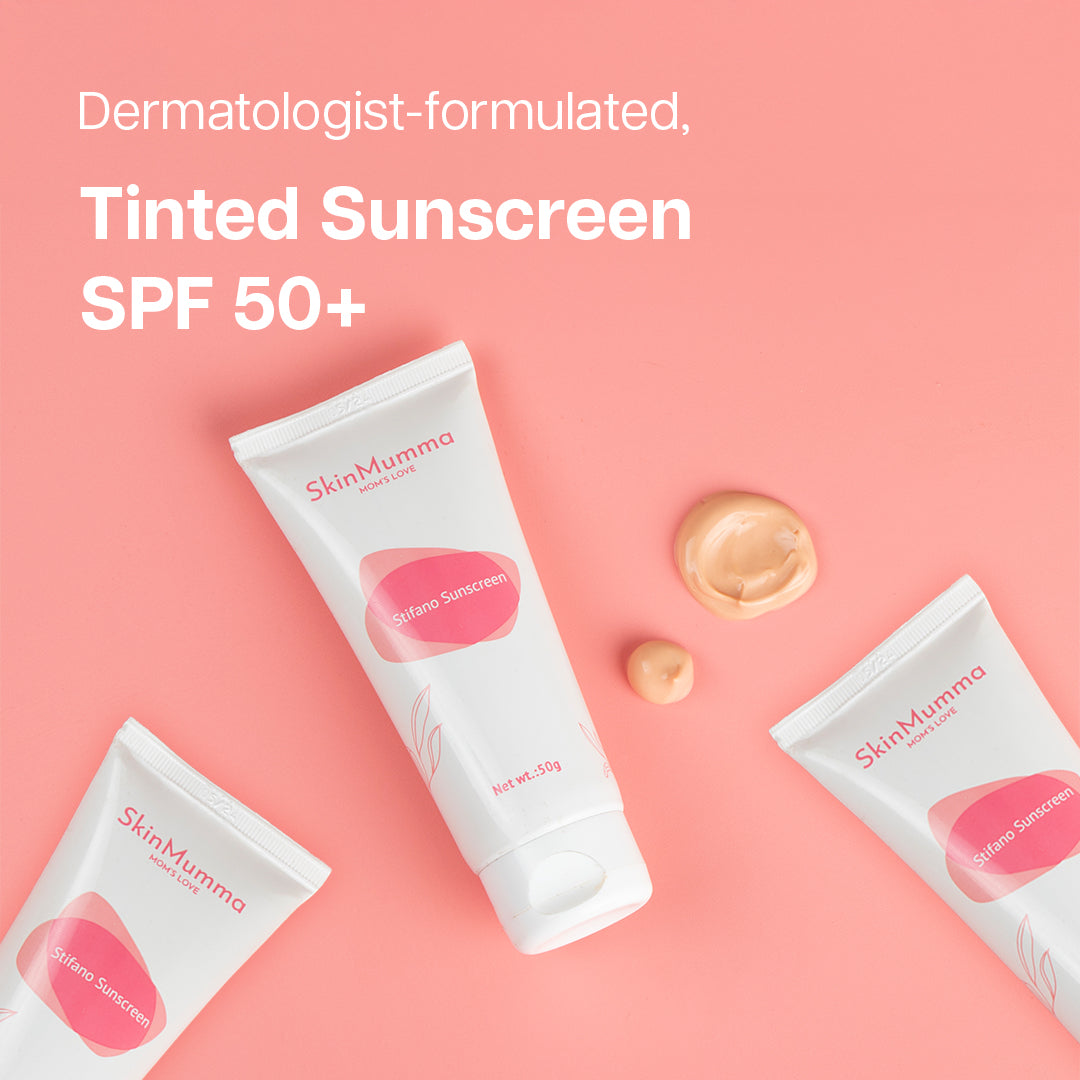




Dr Manisha Bindal is the senior dermatologist and laser skin expert with more than 25 yrs of experience in clinical practice. She has to her credit various advanced skin care procedures and Laser skin treatment protocols including chemical peels, fillers, threads and injections. You can trust the expert hands for any skin or hair related problems or any procedure if need be.